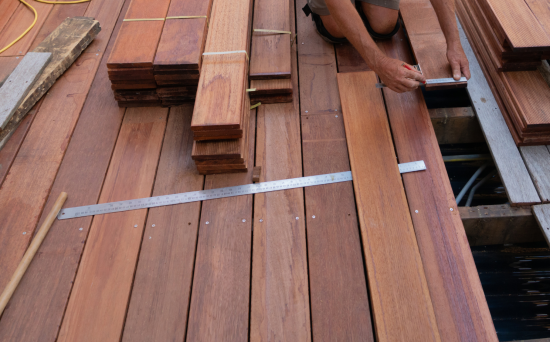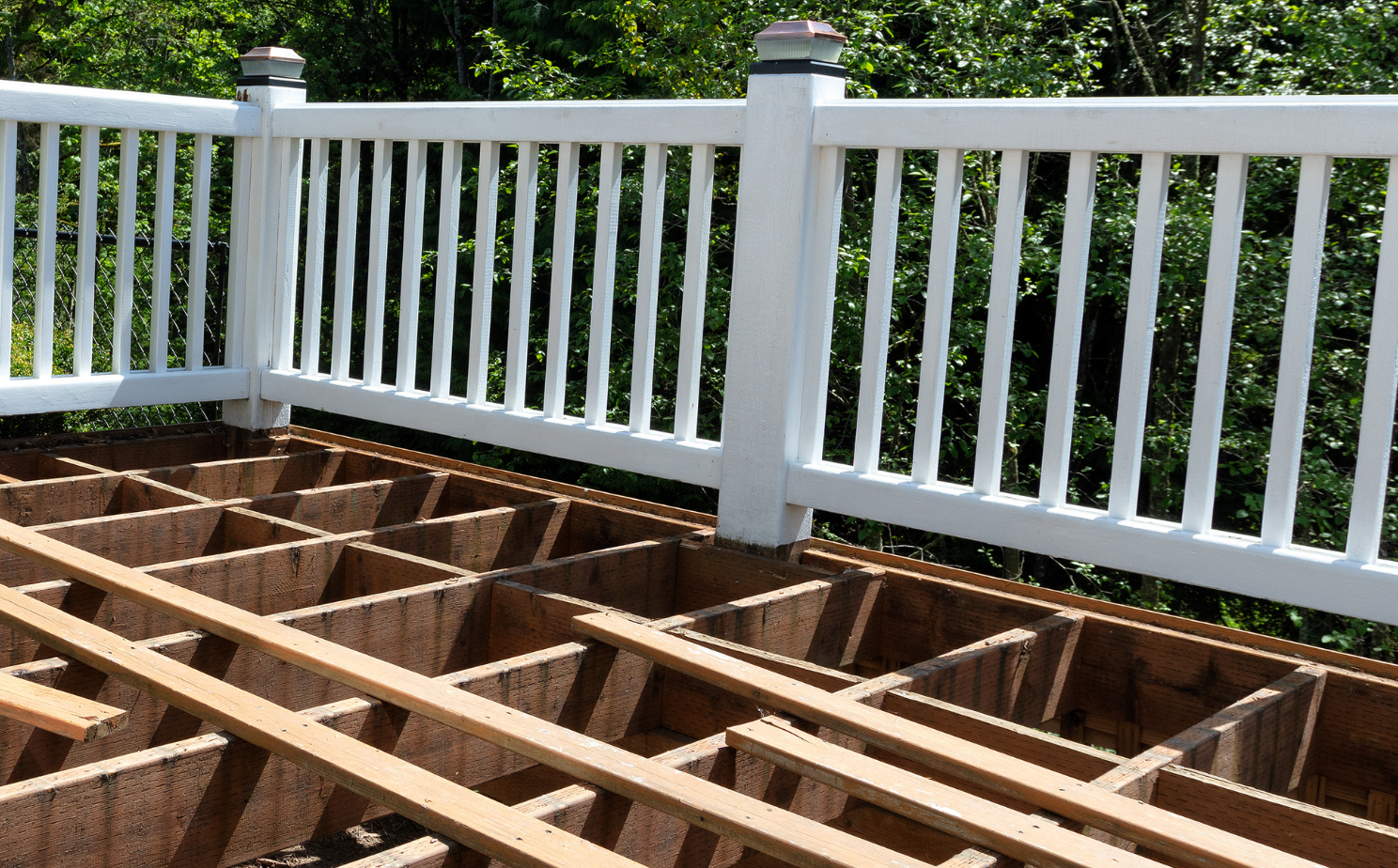Balcony damage doesn’t have to be the ‘next big problem’

The prospect of a “looming” balcony crisis in Victorian homes has raised concerns, but proactive measures can be taken to assess and address potential structural issues before they escalate. Timely inspections, maintenance, and necessary repairs can help mitigate risks and ensure the safety and longevity of these properties.
“Analysing the timber species and waterproofing systems used could be a crucial step in understanding why these issues are occurring, especially if the buildings are around 10 years old,” said Professor Tripti Singh, Director of the National Centre for Timber Durability and Design Life.
Timber is a safe, durable, and predictable material to work with but like anything else, it requires ongoing maintenance. Some are saying that defective balconies are the biggest concern for buildings constructed in the last 15 years, but homeowners can prevent this sort of damage by taking proactive steps to maintain their balconies and other timber home elements.
If you are looking to purchase a home or already own a home with a balcony, inspections are a great first step. Knowing the state of the balcony and what materials have been used arms you with the necessary knowledge to maintain your property. Inspections can help identify construction quality and design flaws so that you and your builder can plan the appropriate course of action for your balcony and decking concerns.
Balconies and decks constructed prior to provisions introduced into the National Construction Code (NCC) may not meet current safety standards, as these provisions weren't in place to mandate construction. However, with the implementation of the NCC provisions, decks designed and built to adhere to these provisions are considered to meet safe service life standards when properly maintained.
From design to installation, timber is a durable and sustainable choice when correctly specified and constructed. Choosing a knowledgeable builder who knows the ins and outs of waterproofing and timber construction can provide you the reassurance you need to trust your balcony or raised decking system will last. From recommended timber species, termite protection and weather protection to sub-deck supports, builders can find all the details they need on domestic timber deck design from WoodSolutions.
Timber professionals know that choosing the right timber species for each project is key to a long-lasting build. If you want to do some research of your own, you can download the SpeciesSolutions app to research timber species for any home project.
Preventative measures such as coating systems (paints, stains), preservative and on-going maintenance assure your timber balcony can survive the elements. Waterproofing and maintaining that barrier is key to keeping your balcony in shape. If the damage has already occurred and you need to know what to do next, download the guide to learn about the Impact and Assessment of Moisture-affected Timber-framed Construction.
The WoodSolutions guide on Domestic Timber Deck Design that, when used alongside modern design and construction techniques, is a best practice guide and tool that can assists tradespeople in delivering a safe and durable balcony or deck.

Homeowners should regularly inspect and maintain balconies and decks made from timber to ensure structural integrity and safety. Timber is susceptible to weathering and damage over time, posing potential hazards if left unchecked. Regular inspections and maintenance, including sealing, staining, and repairing any damage, can prolong the lifespan of the structure and prevent accidents or costly repairs in the future.
Find out more about timber durability, installation, inspection in our Domestic Timber Deck Design guide.
